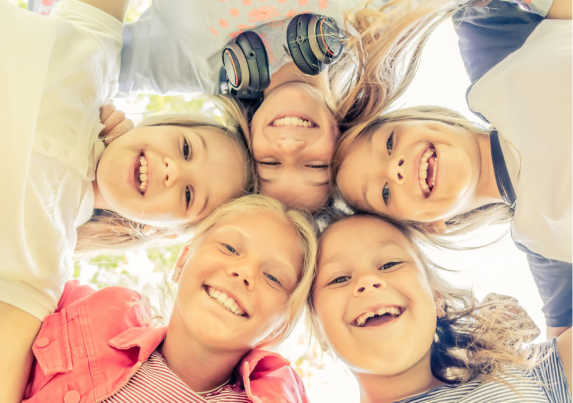
VISUALISATION
Taking the brain through ‘pretend’ experiences in a safe environment

The death of a family member or change in family structure, such as divorce/separation is challenging and complex as the child moves through the grief of separation, confusion surrounding lack of control over life changes and settling into new daily habits can be stressful. Processing many emotions even in one day, can be exhausting and without support, can lead to mental illness.
Kinesiology can help little people to process ‘big’ emotions and to maintain confidence to handle change and new life experiences.
For small people, the world is big and loud, adults are taller and have authority. Life can seem very confusing from a young person’s perspective. Kinesiology can help with fears and anxiety arising from day-care, school, animals or places.
Behaviour such as: nail-biting, hair pulling, other self-harm behaviour, bedwetting, night terrors, separation anxiety and clinginess are all signs of the stress.
Fear is a natural, self-protective mechanism in response to new situations, environments and people. However, if your child is prevented from developing healthy, confident ways of responding to their experiences, fear can become debilitating and self-perpetuating.
Nutrition, hydration, sleep and play help lay the foundation for healthy growth and personality development. With busy family lives, there are times when these key factors can become imbalanced or environmentally disrupted.
Encouraging your child’s energy system to restore its natural flow can include recommendations for whole food nutritional support, increased hydration, reducing stress in response to chemically based products and food and/or re-establishing sleep cycles and daily routines.
For small babies, and little people, a grown-up (surrogate) can be used for the muscle testing and the remedies are done on the child/baby. Small children love getting on the table and can be quite happy to have their ‘own’ session.
Then, if restless, he/she can play on the floor whilst the session is completed.
All sessions have a parent/guardian present.
All remedies are gentle, non-invasive and non-toxic.
Blue Card No. 1633118/1